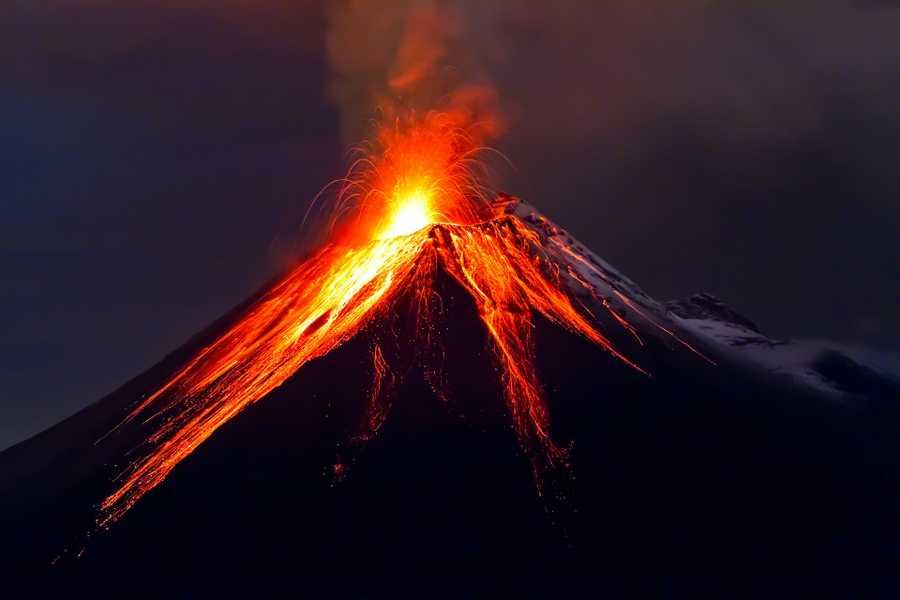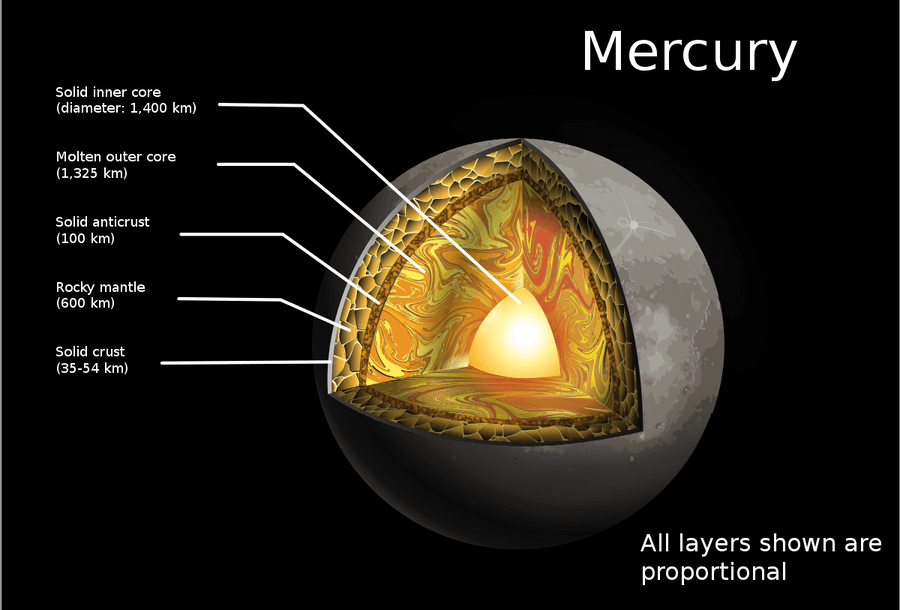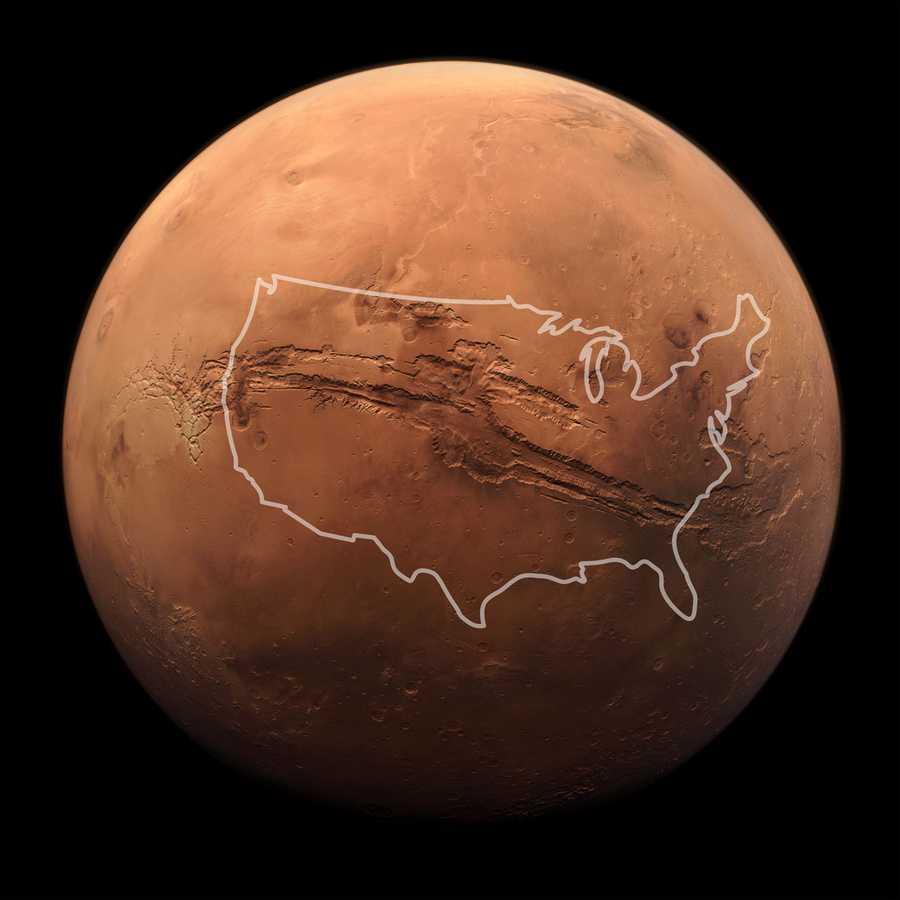Surface
Like Mars and Venus Earth has volcanoes, mountains and valleys.
Earth's lithosphere, which includes the crust (both continental and oceanic) and the upper mantle, is divided into huge plates that are constantly moving. For example, the North American plate moves west over the Pacific Ocean basin, roughly at a rate equal to the growth of our fingernails.
Earthquakes result when plates grind past one another, ride up over one another, collide to make mountains, or split and separate.
Earth's global ocean, which covers nearly 70 percent of the planet's surface, has an average depth of about 2.5 miles (4 kilometers) and contains 97 percent of Earth's water. Almost all of Earth's volcanoes are hidden under these oceans.
Hawaii's Mauna Kea volcano is taller from base to summit than Mount Everest, but most of it is underwater.
Earth's longest mountain range is also underwater, at the bottom of the Arctic and Atlantic oceans. It is four times longer than the Andes, Rockies and Himalayas combined.
13
5 reads
CURATED FROM
IDEAS CURATED BY
I'm passionate about helping people live their best lives. I'm a lifestyle coach & burnout coach.
The idea is part of this collection:
Learn more about technologyandthefuture with this collection
The differences between Web 2.0 and Web 3.0
The future of the internet
Understanding the potential of Web 3.0
Related collections
Similar ideas to Surface
About Volcanoes
- Most volcanoes are formed when the boundaries of our planet's tectonic plates collide and overlap, eventually sinking deep inside.
- Many get life by ‘hotspot volcanism’ which is the magmatic activity at the center of the tectonic plate.
- Volcanoes have crea...
Structure
Mercury is the second densest planet, after Earth. It has a large metallic core with a radius of about 1,289 miles (2,074 kilometers), about 85 percent of the planet's radius.
There is evidence that it is partly molten, or liquid. Mercury's outer shell, comparable to Earth's outer shell (c...
Surface
The red planet is actually many colors. At the surface, we see colors as brown, gold, and tan. The reason Mars looks reddish is due to oxidization—or rusting—of iron in the rocks, regolith (Martian “soil”), and dust of Mars. This dust gets kicked up into the atmosphere and from a distance makes t...
Read & Learn
20x Faster
without
deepstash
with
deepstash
with
deepstash
Personalized microlearning
—
100+ Learning Journeys
—
Access to 200,000+ ideas
—
Access to the mobile app
—
Unlimited idea saving
—
—
Unlimited history
—
—
Unlimited listening to ideas
—
—
Downloading & offline access
—
—
Supercharge your mind with one idea per day
Enter your email and spend 1 minute every day to learn something new.
I agree to receive email updates



